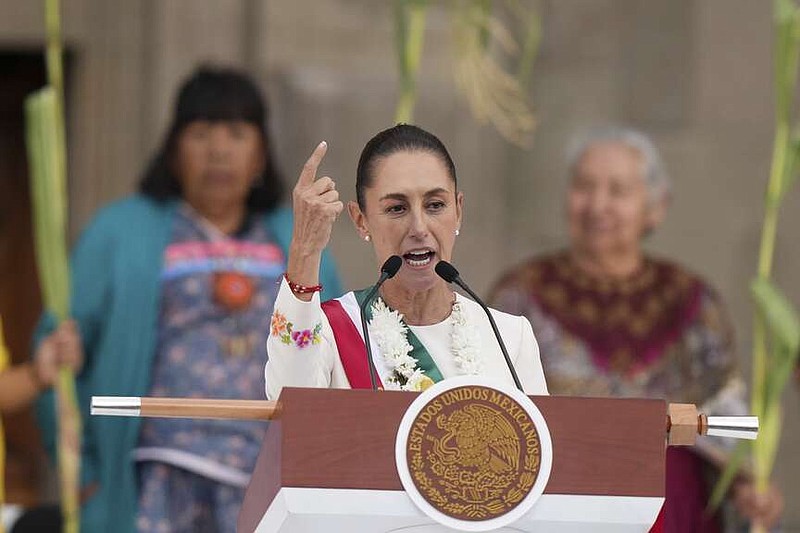Mexico’s President Claudia Sheinbaum announced plans to propose an agreement with U.S. President-elect Donald Trump to handle migrant deportations more effectively. Sheinbaum intends to ask Trump to send non-Mexican migrants directly to their home countries instead of deporting them to the Mexican border.
Mexico has previously accepted non-Mexican migrants, especially from countries like Cuba and Venezuela, which often resist deportation flights from the U.S. but accept them from Mexico. However, concerns are growing over the potential impact of Trump’s promised large-scale deportations when he takes office on January 20.
One major worry for Mexico is the possible mass deportation of Mexican citizens, estimated at about 4 million living in the U.S. without proper documentation. Mexican consular services in the U.S. are already increasing staff to support deportation cases involving its citizens.
The issue becomes more complex with third-country migrants, including Haitians, Cubans, and Venezuelans, who might be deported to Mexico before being sent to their home countries. Between 2022 and 2023, Mexico agreed to accept up to 30,000 migrants per month from nations like Cuba, Haiti, Nicaragua, and Venezuela, under a deal with the U.S. While some repatriations, such as 300 Venezuelans sent home in late 2023, have occurred, they place financial strain on Mexico. The government provided stipends of about $110 per month for six months to help some returnees resettle.
Managing the return of large numbers of Mexicans would present even greater challenges for the country, including finding jobs, housing, and transportation.
Migration has been a sensitive issue between Mexico and the U.S., especially after Trump threatened a 25% tariff on Mexican goods if Mexico didn’t do more to stop migrants and drugs. In November, Trump said Sheinbaum agreed to stop migration through Mexico, but she later clarified Mexico’s stance.
“We do not aim to close borders but to build bridges between governments and peoples,” Sheinbaum emphasized, reaffirming Mexico’s stance on maintaining open communication while managing migration responsibly.

